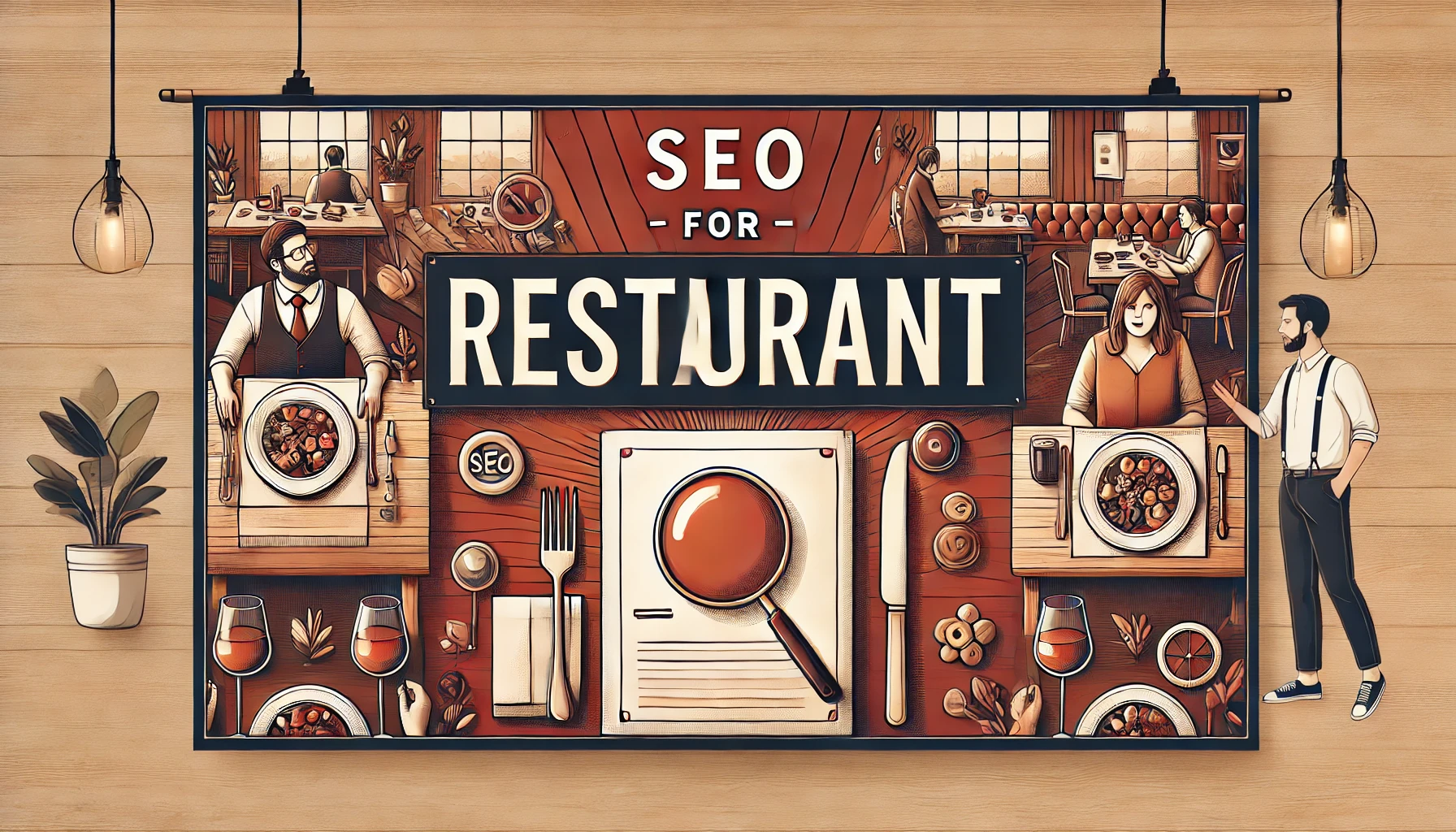PPC Advertising for Small Businesses: How to Compete on a Limited Budget
In today’s competitive digital landscape, PPC advertising has become a vital tool for businesses of all sizes. For small businesses, it provides a unique opportunity to gain visibility and attract targeted audiences without breaking the bank. However, maximizing the effectiveness of PPC campaigns on a limited budget requires strategic planning, precise targeting, and continuous optimization.
This article will explore the importance of PPC advertising for small businesses and provide actionable strategies to achieve success with modest investments.
Why PPC Advertising Is Essential for Small Businesses
1. Instant Visibility and Results
Unlike SEO, which can take time to deliver results, PPC ads provide immediate visibility. Your business can appear at the top of search results almost instantly, allowing you to capture potential customers’ attention right when they are searching for your services. This is especially valuable for new businesses looking to establish their presence quickly.
2. Targeted Reach
PPC platforms such as Google Ads and social media advertising tools allow precise audience targeting. Small businesses can reach their ideal customers based on location, demographics, interests, and search intent, ensuring their ads are seen by the right people at the right time.
3. Controlled Budgeting
One of PPC’s biggest advantages for small businesses is budget control. You can set daily or monthly limits to ensure spending stays within your means. This flexibility makes it accessible even for businesses with tight marketing budgets.
4. Measurable Results
With PPC, small businesses can track campaign performance in detail. Metrics such as click-through rate (CTR), cost-per-click (CPC), and conversion rates help you analyze what’s working and refine your approach for better outcomes.
5. Platform Flexibility
PPC campaigns can run across multiple platforms, from search engines like Google to social media channels such as Facebook and Instagram. This flexibility allows businesses to diversify their reach and tap into various audience segments.
How to Succeed with PPC on a Limited Budget
1. Focus on Relevant Keywords
Effective keyword targeting is essential for maximizing your PPC budget. Instead of broad, high-competition keywords, focus on long-tail keywords with clear buyer intent. For example, a small bakery might target “affordable custom cakes for birthdays” instead of simply “cakes.”
Long-tail keywords typically have lower CPCs and higher conversion rates, making them ideal for small businesses.
2. Leverage Geo-Targeting
Geo-targeting ensures your ads reach users in specific locations where your services are available. This is particularly useful for small businesses serving local communities, such as restaurants or home repair services. By excluding irrelevant regions, geo-targeting reduces wasted ad spend and improves campaign efficiency.
3. Use Remarketing to Reengage Visitors
Remarketing allows you to target users who have already visited your website or interacted with your ads. These users are more likely to convert because they’ve shown previous interest in your business. Remarketing campaigns can be cost-effective and often deliver higher returns on investment.
For instance, a potential customer who browsed your product page but didn’t make a purchase can be reminded of your offerings through remarketing ads.
4. Optimize Ad Copy for Quality Scores
Google Ads assigns a Quality Score to your campaigns based on ad relevance, keywords, and landing page experience. Higher Quality Scores result in lower CPCs and better ad placements.
To improve your Quality Score:
- Use clear and compelling ad copy with targeted keywords.
- Ensure your landing pages are relevant, user-friendly, and provide valuable content.
- Include strong calls-to-action (CTAs) that encourage clicks and conversions.
5. Monitor and Adjust Campaigns Regularly
PPC campaigns require ongoing monitoring to ensure they remain effective. Analyze performance metrics frequently to identify what’s working and what isn’t.
- Pause low-performing ads or keywords to allocate more budget to high-converting ones.
- Test different ad copies, images, and CTAs through A/B testing.
- Refine your audience targeting based on campaign insights.
Overcoming Common PPC Challenges for Small Businesses
1. Budget Constraints
Many small businesses perceive PPC as unaffordable, but proper budget management can change that. Start with a small budget, focus on highly targeted campaigns, and gradually increase spending as you see results.
2. High Competition
Competing with larger businesses can be challenging. However, by focusing on niche markets and long-tail keywords, small businesses can carve out a space where they excel.
3. Lack of Expertise
Managing PPC campaigns can be complex, but partnering with experienced professionals or agencies can simplify the process. Experts can help you craft effective campaigns, optimize performance, and save money.
Case Study: A Local Flower Shop’s PPC Success
A small flower shop with a limited marketing budget wanted to increase its online orders. By using geo-targeted ads, long-tail keywords like “same-day flower delivery in [City],” and remarketing strategies, they achieved:
- 3,000 ad impressions per month.
- 200 clicks with a high conversion rate.
- A 40% increase in online sales within three months.
This demonstrates how even small businesses can thrive with PPC when leveraging strategic approaches.
Conclusion
PPC advertising is a powerful tool for small businesses to drive traffic, generate leads, and grow their brand. By focusing on targeted strategies, such as keyword relevance, geo-targeting, and campaign optimization, you can compete effectively on a limited budget.
If you’re ready to harness the power of PPC for your small business, consider partnering with experts like EZ Rankings. Our tailored PPC solutions help you achieve measurable results and ensure every dollar of your budget is spent wisely.




